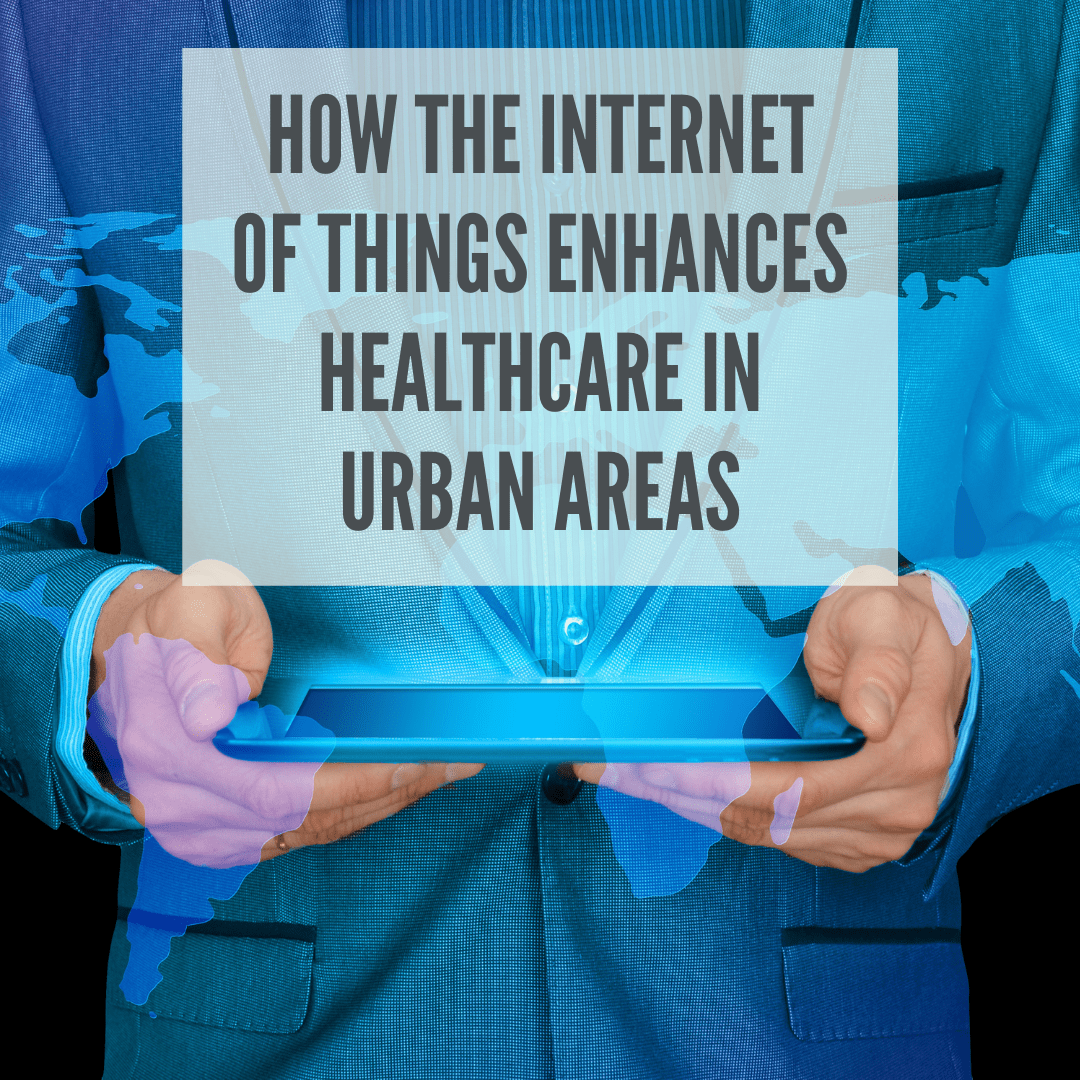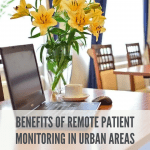
By Heather Centorbi
The Internet of Things (IoT) is a system of interrelated, inter-connected objects that collect and transfer data over the internet without human interaction. Oracle, a cloud application and platform service provider, describes the IoT as one of the most important technologies of the 21st century.
Device-to-device communication, manufacturing efficiencies and wearables technology are just a few of the many ways the IoT is changing not only healthcare but nearly every other industry.
Individuals in urban areas who may not have easy access to healthcare can use the IoT through their smartphone, smartwatch or other wearable technology to better understand their health and proactively predict health issues. Smart devices can help track blood pressure, glucose readings, heart rate and mental health.
For those who need to monitor their glucose levels, IoT devices can provide constant monitoring and alert you when readings become problematic. IoT devices provide the same monitoring for heart rates too. When living in an urban area it is common to experience mood changes more often and with IoT devices that monitor heart rate and blood pressure it can help determine a patient’s mental state. It is becoming increasingly popular to self-manage your health and improve your well-being based on the information received from your smart device.
IoT is also making headway in the smart healthcare services industry. Using smart devices helps physicians to monitor you remotely which is ideal for those who may not have direct access to going onsite for healthcare. It is also helping primary healthcare become more accessible by using chatbot doctors online. Patients will input their systems and advice is immediately generated. When an IoT device collects a patient’s data it is sent to a healthcare professional to review and will trigger a response from a healthcare professional if needed. Chatbots are impacting the lives of individuals in urban areas and finally allowing an opportunity to receive proper healthcare.
Additionally, patients are making appointments with their healthcare professional over Zoom or other meeting software, dramatically increasing the need and importance of remote healthcare. Remote healthcare made an impact during the COVID-19 pandemic and is here to stay. Our last article in this series will focus on the positive effect remote healthcare is having on urban areas.

 Previous Post
Previous Post Next Post
Next Post